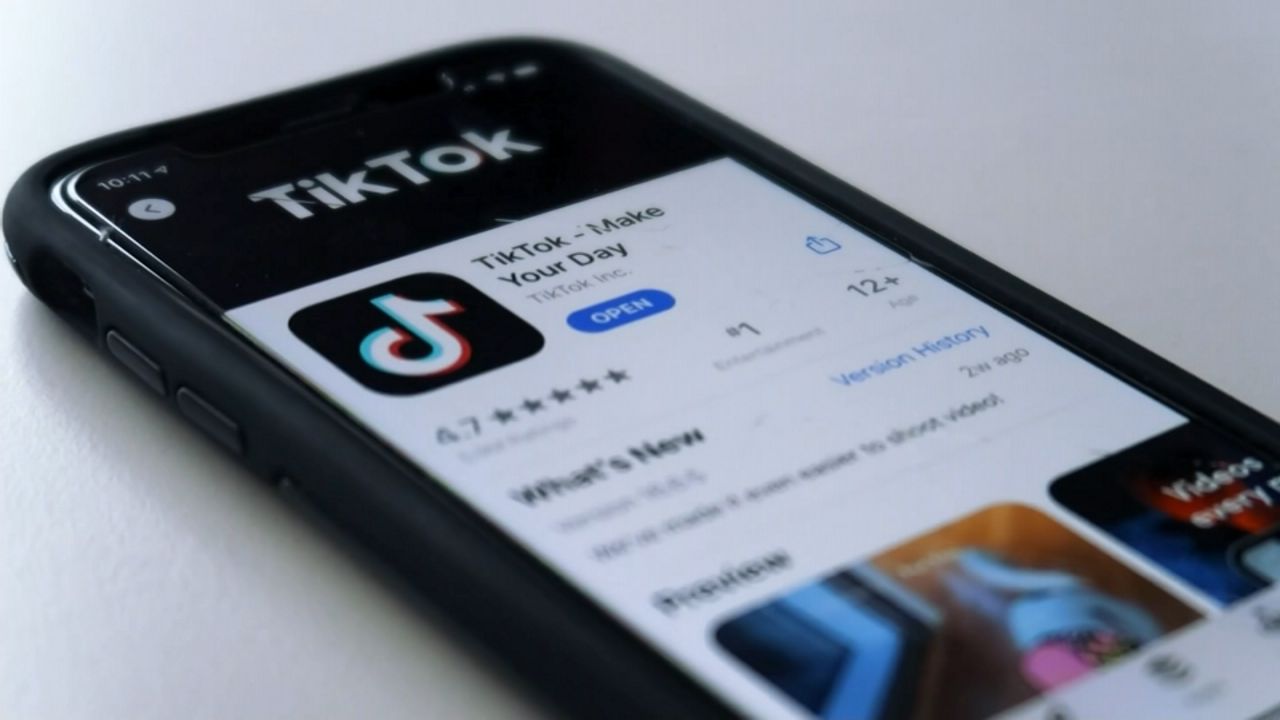OHIO — Parents and psychologists are seeing an increase in teens and young adults diagnosing themselves with things like depression, anxiety, OCD and autism based off of content on social media.
While mental health professionals say social media can help break stigmas and spark helpful conversations, it needs to be thought of as a starting point, not a destination.
“Social media can be a helpful tool for increasing information awareness and decreasing the stigma of mental health issues,” Cleveland Clinic Psychologist Dr. Susan Albers said. “The personal stories are helpful in driving home the point that anybody can be impacted by mental health issues. The downside is that it can also spread a lot of misinformation. You can cause harm, and it’s a slippery slope into self diagnosing.”
Albers believes social media can be a good place to start but points to studies that show about 84 percent of mental health related content on TikTok is misleading.
’It’s incredibly dangerous,” said Hannah Lipowski, a graduate student of Clinical Mental Health Counseling, “I think that self diagnosis can lead to people spiraling further than they need to and not seeking out proper treatment.
Lipowski is in her early 20s and said she sees how easy it is to be influenced by social media.
“That’s what’s funny about doing what I do and still being on the younger end of it… I’ll have friends who come to me and they’re like, well, do you think I have X,Y,Z and even to that extent, I don’t know, ethically, I can’t see a friend as a patient.”
Lipowski encourages young people not to stop at what you think may be a diagnosis.
“There’s more awareness to it, but the treatment rates are decreasing because people aren’t seeing the need to go be professionally treated,” she said. “They’re thinking, well, I can watch the tik tok video that tells me how to cure my depression rather than going and seeking out psychotherapy or psychiatric treatment.”
Dr Albers looks at the phenomenon not only as a psychologist, but as a parent.
“The algorithm can figure your child out instantly about what their concerns are and their interest areas. If he continues to send them information about depression, go to them. And this is a great launching point for communication,” she said.
Research and knowing how you feel is an important step of the process, but seeking professional guidance will help to get people to the right treatment plan and, ideally, relief.
“It’s the importance of them just getting there and then trusting the person who’s trained to do so to offer them confirmation of a diagnosis or to say, you know what, actually you better fit this, here’s where our treatment plan is gonna go,” Lipowski said.

